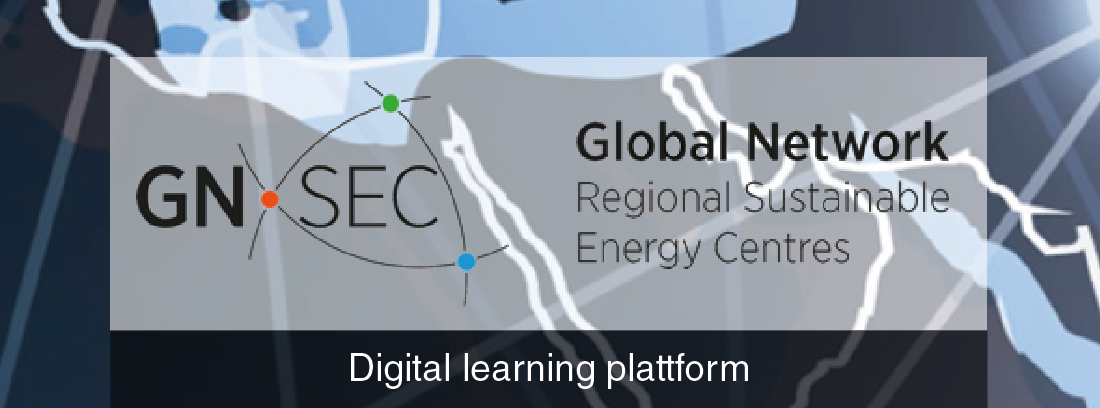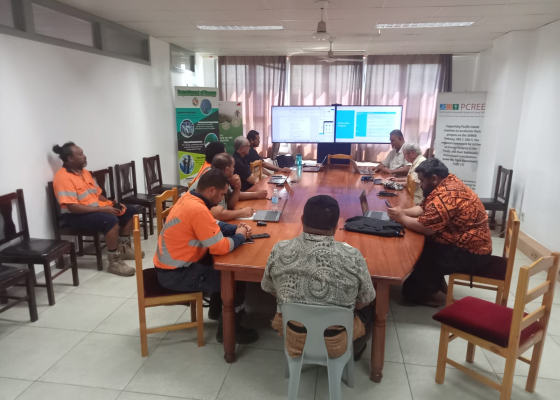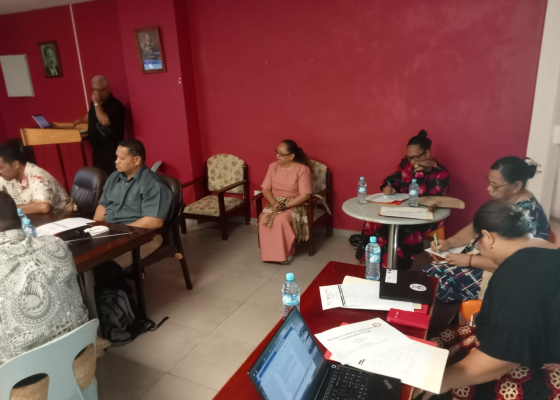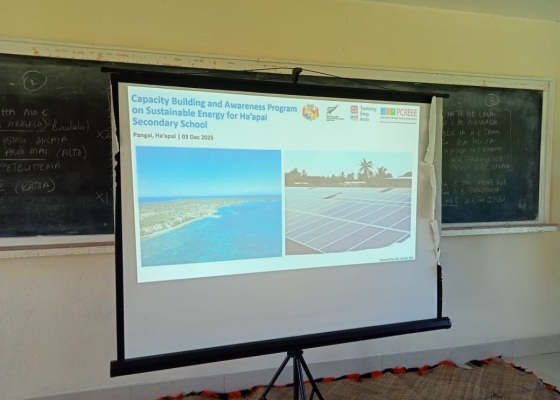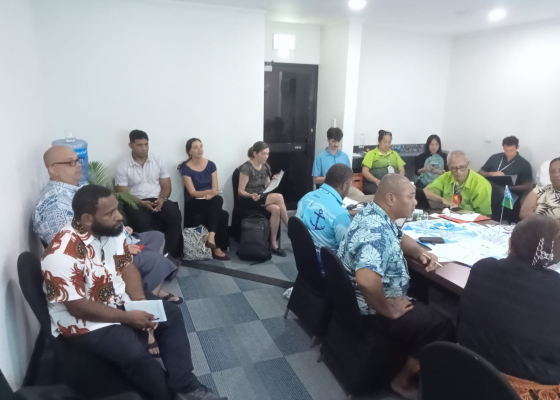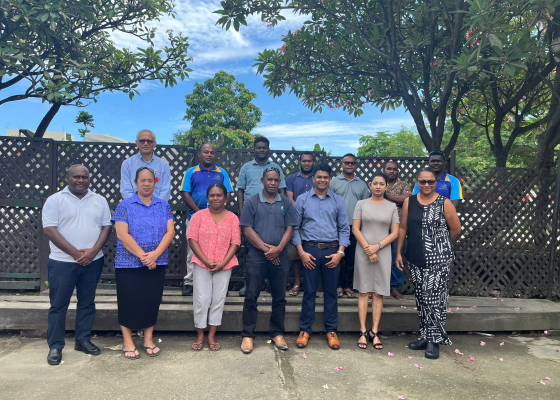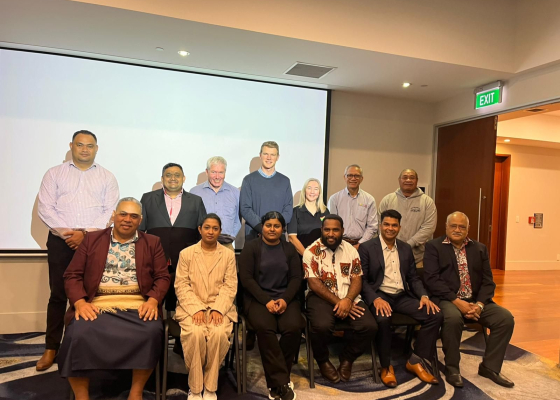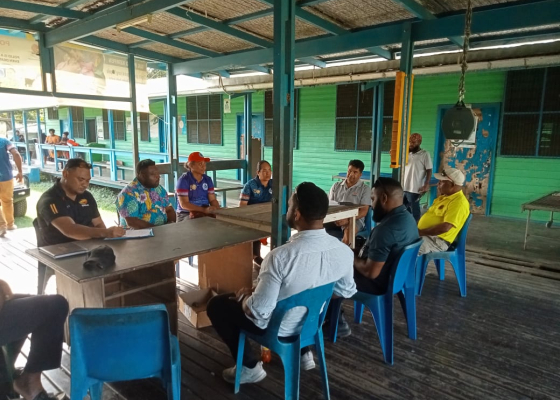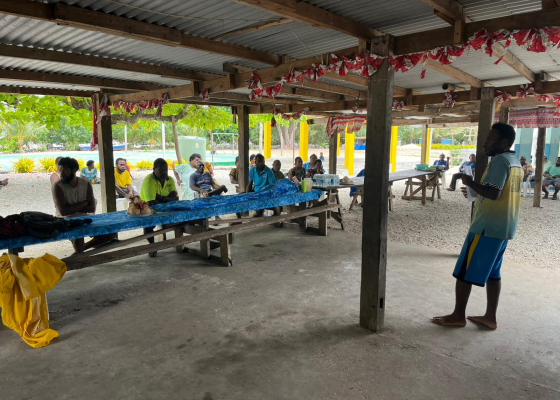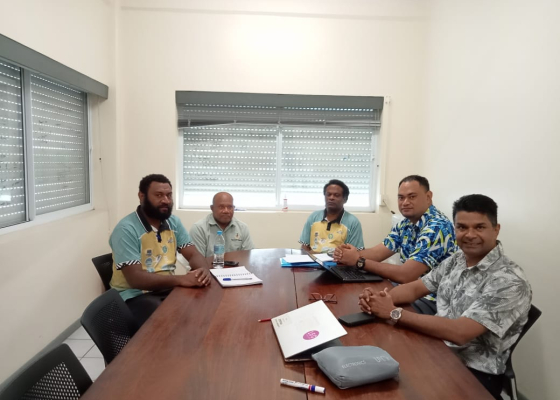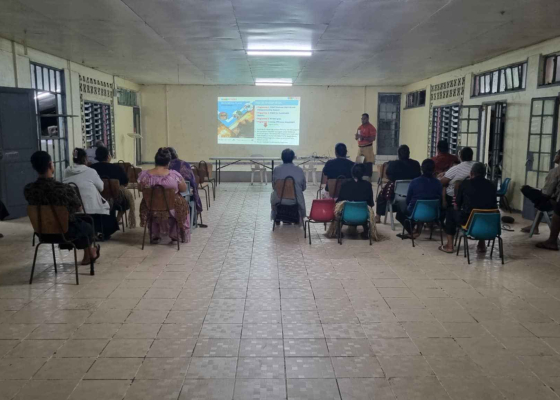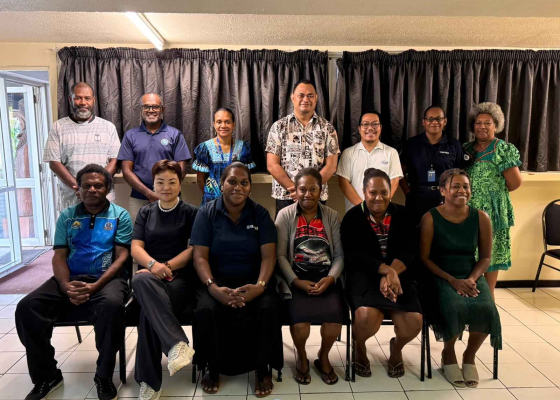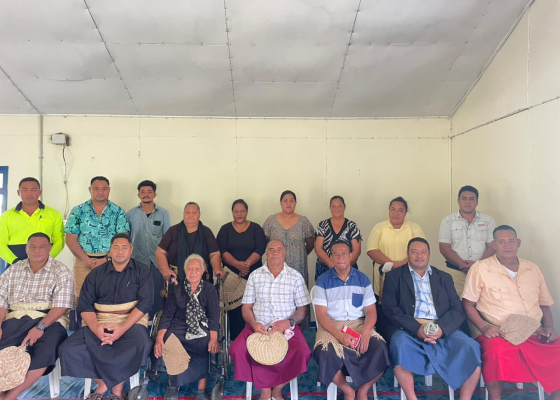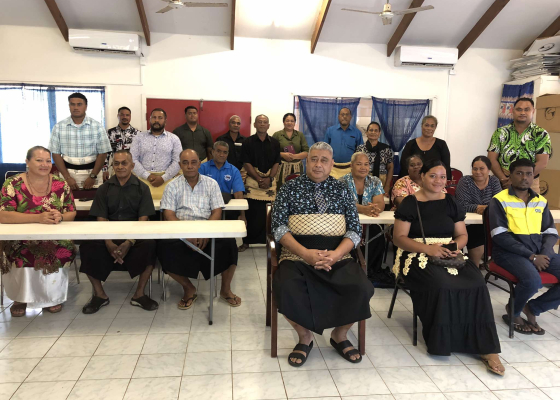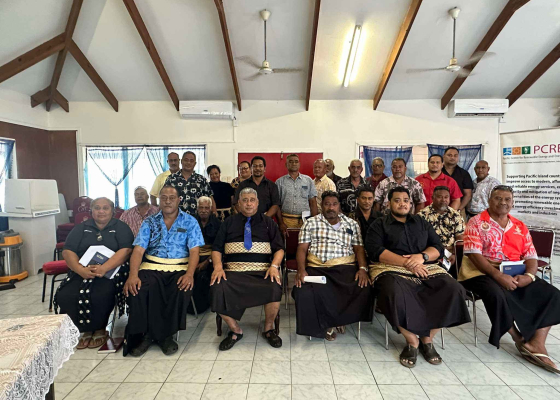PCREEE Capacity Building Framework and Strategy 2019 - 2021
PICTs expressed an urgent need for capacity building in the renewable energy and energy efficiency sector. The increasing sustainable energy investments and the introduction of appropriate regulations and standards go hand in hand with the need for local capacities. Moreover, there is the impression that the local private sector and industry do not take advantage of the growing sustainable energy market and job opportunities.
These developments endanger the long-term sustainability of existing investments as they are usually conducted by enterprises from outside. Technical knowledge is required to establish a critical mass of policy makers, project financiers and engineers who will be able to manage all aspects of sustainable energy development and implementation. The following table summarises the capacity requirements of the different stakeholder groups.
|
Stakeholder group |
Capacity needs |
|
Policy makers in the renewable energy and energy efficiency sectors and the energy sector in general. |
|
|
Policy makers from non-energy sectors like agriculture, health, water, private sector, transport sectors etc. |
|
|
Entrepreneurs, project developers, equipment manufacturers, consultants and industry support bodies |
|
|
Utilities |
|
|
Recipients/buyers of energy services and technologies |
|
PCREEE aims at strengthening the capacities of local key institutions and stakeholder groups through the up-scaling and replication of certified training and applied research programs and mechanisms. Particularly, the centre implements the following activities:
- Undertake a regional capacity needs assessment (particularly reflecting the needs of local business and industry groups)
- Promote south-south and north-south technology development partnerships
- Develop a regional multi-year capacity development framework for key stakeholders in the RE&EE sector (particularly reflecting the needs of local business and industry groups)
- Facilitate the adoption and implementation of the regional capacity development framework and mobilize support from various partners
- Develop training competency standards, certification and accreditation schemes and models on RE&EE in coordination with local business and industry groups
- Act as coordinative hub for the accreditation and certification of national training centres and trainers
- Execution of regional train-the-trainer workshops
- Train key policy makers in sustainable energy policy planning and incentive mechanisms, including cross-cutting nexus issues (e.g. waste-to-energy, mainstreaming of environmental assessments and standards in project approval procedures, energy-water-food nexus, gender mainstreaming, decommissioning and recycling procedures for RE&EE technologies)
- Train utilities and regulators regarding RE integration/grid stability and energy efficiency (e.g. demand side management)
- Provide targeted RE&EE business development training for clean-tech SMEs and entrepreneurs (e.g. energy auditors, equipment installers, RE service providers)
- Increase the capacity of stakeholders to mainstream gender, environmental sustainability and climate resilience into RE&EE policies and projects
- Train experts on the financial structuring, design and planning of RE&EE projects (e.g. climate finance, RETScreen, HOMER)
- Conduct a baseline study on the research priority needs of the Pacific RE&EE industry and business sectors
- Create a regional incentive model for the establishment of regional research programmes with high relevance for the local industry
| Attachment | Size |
|---|---|
| 394.61 KB |
Upcoming Events
-
03/25/2026 to 03/26/2026
-
03/30/2026 to 04/03/2026
-
04/09/2026 to 04/10/2026
-
04/27/2026
-
04/27/2026 to 04/29/2026






